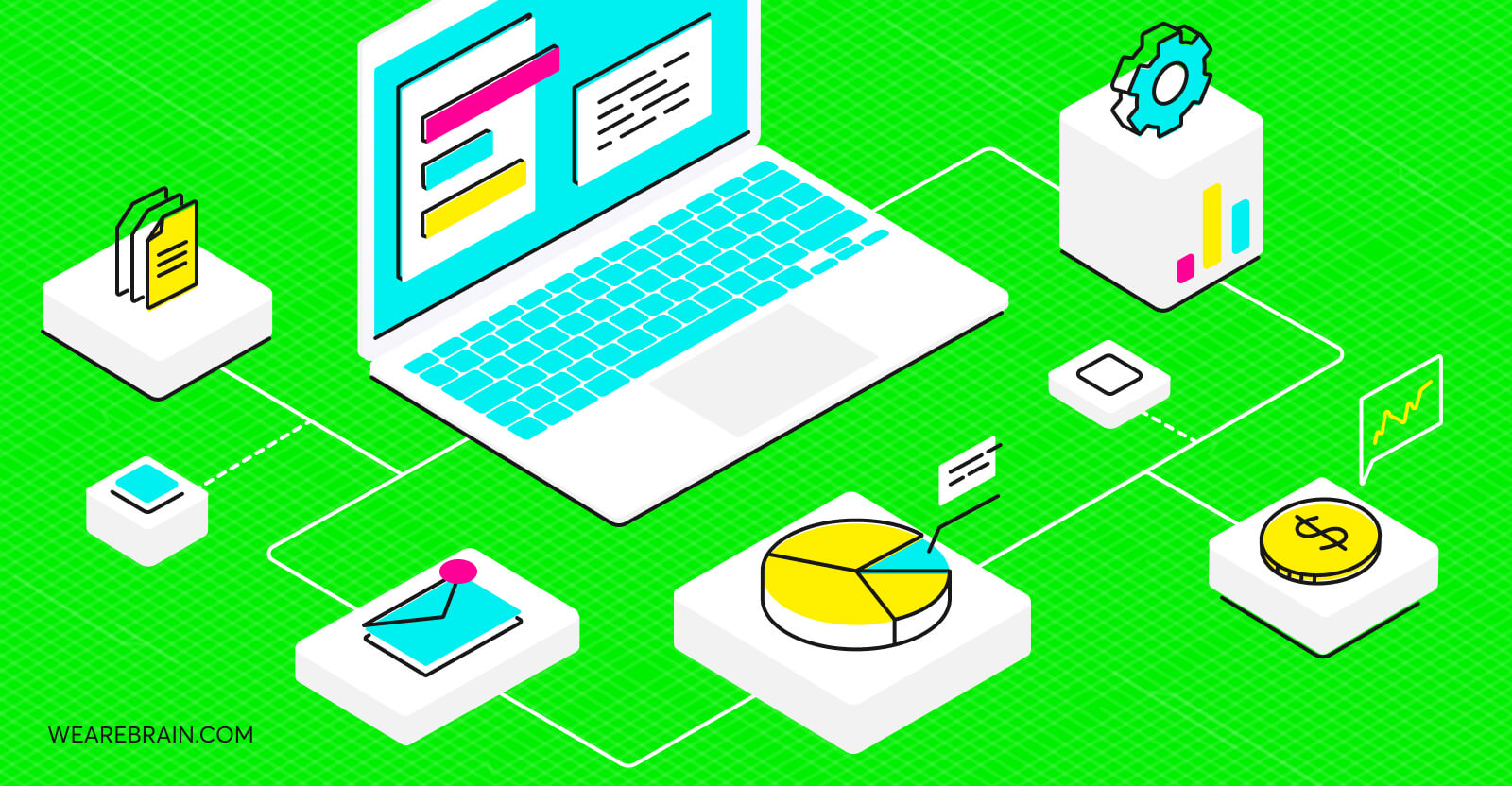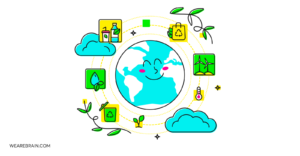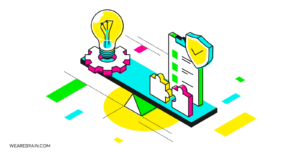Top Digital transformation practices for 2023

Digital transformation (DT) once again proved its worth – this time during the pandemic, as digitally evolved businesses were shown to be more resilient in the face of dramatic disruption. Hybrid and remote working methods have changed the business landscape, resulting in organisations needing to transform their approach to the deployment of new technologies.
In 2023, businesses will continue to invest in transformative technologies such as artificial intelligence (AI), machine learning (ML), cloud computing, blockchain, the internet of things (IoT), and more. But more than these, organisations will find it useful to incorporate the following crucial digital business practices into their strategies to become more competitive, innovative, and sustainable moving forward:
Data democratisation
Data democratisation expedites decision-making and uncovers opportunities for organisations by providing unfettered access to data and crucial business information. By distributing information across organisations, teams can quickly identify key business insights and are given ownership and responsibility in their decision-making to take appropriate action.
This makes teams more agile and businesses more adaptable to any disruptions and challenges in real-time. The key to data democratisation is to educate employees and stakeholders on how to work with data, irrespective of their technical proficiency.
Digital Transformation leadership
Successful digital transformation (DT) relies on a deep understanding of the capabilities of new technologies and how they will benefit the evolving requirements of customers and employees – including how they will impact the direction of the business. Therefore it is critical that organisations have competent leadership to drive digital transformation efforts and investments.
The role of business technologists will rise in prominence within digitally evolving organisations in 2023, and they must lead the way using the right tools to develop successful digitisation strategies.
Disintermediation
Disintermediation involves cutting out intermediaries (“middlemen”) from a business process or supply chain. As our digital and physical worlds continue to merge, many current business models and industries will need to adapt to cater to the changing landscape.
Disintermediation will see machines replace humans across many major industry touchpoints that will change the customer experience, so businesses need to account for this change in the user journey. This means acclimatising both customers and teams to work together with smart machines to satisfy needs.
Cybersecurity
With a spike in ransomware, phishing scams, and hacks recently, combatting cybersecurity risks will continue to be a major priority for businesses in 2023. As governments and major corporations start beefing up security measures to handle the increasing threats, smaller enterprises and non-profits are new targets left exposed to danger due to scammer’s proficiency and a lack of resources to keep safeguarding data.
Nefarious hackers are focusing on developing new ways and means to phish and steal two-factor authentication (2FA) data – a valuable yet easily exposed asset. Businesses must play their part in building up their defences to protect their own as well as their customers’ data to ensure impenetrable cyber safety, business growth, and consumer trust.
Blockchain
Distributed ledger technologies such as blockchain are the fabric that binds Web3’s vision of a decentralised internet. Its open and autonomous peer-to-peer protocols are creating new working structures and decentralised governance, allowing us to redesign how we work and reimagine social innovation.
This technology is changing how we conduct business, finance projects, and collaborate – ushering in a new era of business approaches that organisations must be quick to adapt to.
Low-code/No-code
Low-code/No-code (LC/NC) development will stake its claim in the business mainstream in 2023 for good reason. It serves as the perfect middle ground for organisations wanting fast and affordable information systems that are easy to use and implement at a fraction of the cost.
By 2024, almost 70% of new applications developed by organisations will use LC/NC technologies. Low-code/No code digital transformation is a sustainable business practice as it moves data to the cloud and streamlines information, minimising carbon emissions.
Summary
As technologies and their capabilities continue to evolve, the strategies and approaches used by companies to leverage them must follow suit. One cannot transform without the other. Especially in today’s fluctuating markets in decline, the only certainty is that technology is our best solution to lay the foundation for the next period of economic growth.
Trying to remain competitive in an ever-evolving business landscape may seem overwhelming. But with the right technology embedded into your business’s operational fabric, a prosperous future is almost guaranteed for your organisation.
Looking to digitally transform your business?
As a leading full-service, technology-driven digital agency, WeAreBrain empowers visionaries to create meaningful brands and products. We enable international organisations and innovative scale-ups to create and execute their digital strategy on a global scale.
Will yours be next? Get in touch to see how we can drive your organisation’s digital transformation.
Mario Grunitz
Working Machines
An executive’s guide to AI and Intelligent Automation. Working Machines takes a look at how the renewed vigour for the development of Artificial Intelligence and Intelligent Automation technology has begun to change how businesses operate.







